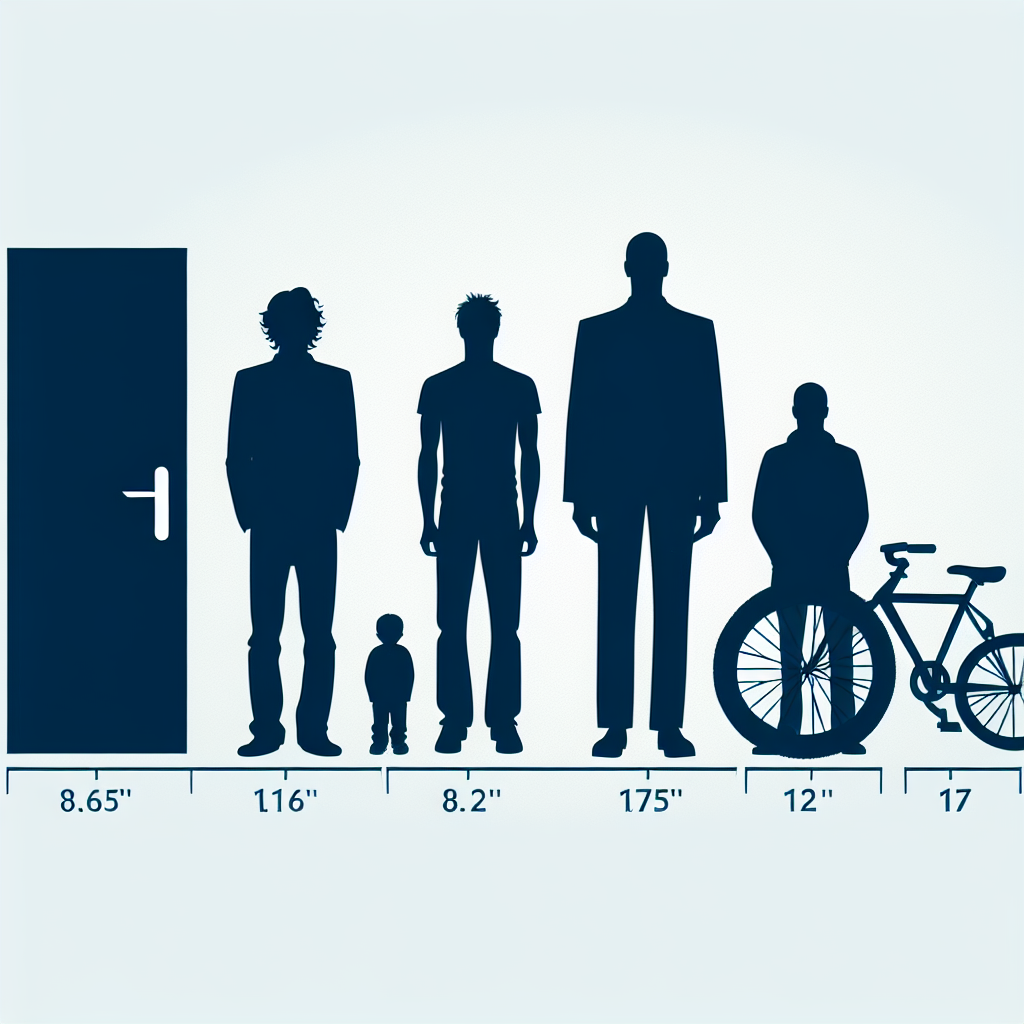Exploring Intelligent Driving: Key Questions and Insights
As the automotive industry continues to evolve, 'intelligent driving' is becoming a focal point of innovation. This article dives deep into the most pressing questions surrounding intelligent driving, shedding light on its significance, technology, and future implications.

Understanding Intelligent Driving
Intelligent driving represents a significant leap in the automotive industry, integrating technologies that enhance vehicle performance, safety, and driver experience. But what exactly does it entail? Here, we address the most pertinent questions surrounding intelligent driving, helping you understand its facets and implications better.
What Technologies Define Intelligent Driving?
Intelligent driving encompasses a range of technologies, from advanced driver-assistance systems (ADAS) to autonomous vehicles (AVs). Key components include:
- Automatic Emergency Braking: This system detects potential collisions and applies brakes automatically.
- Adaptive Cruise Control: Utilizing radar and cameras, this technology maintains a safe distance from the vehicle ahead by adjusting speed automatically.
- Lane Keeping Assist: It helps drivers stay within their lane by providing steering inputs when necessary.
- Vehicle-to-Everything (V2X) Communication: This allows vehicles to communicate with each other and with infrastructure, enhancing road safety and traffic flow.
How Does Intelligent Driving Impact Safety?
One of the primary objectives of intelligent driving is to enhance safety. According to the National Highway Traffic Safety Administration (NHTSA), over 90% of traffic accidents are caused by human error. Intelligent driving technologies aim to mitigate these risks through mechanisms that reduce vehicle accidents. For example, systems like collision avoidance and pedestrian detection can preemptively react to hazards, significantly decreasing the likelihood of accidents.
How Is Intelligent Driving Being Regulated?
Regulation surrounding intelligent driving is critical to ensuring safety and promoting technological advancements. Government bodies worldwide are working to create a framework for testing and deploying intelligent driving technologies. In the United States, the NHTSA has outlined guidelines for autonomous vehicle testing, focusing on safety, data security, and liability. As these technologies evolve, regulations will need to adapt to address public concerns and technological innovations.
What Are the Privacy Implications of Intelligent Driving?
With intelligent driving systems collecting extensive data about driving patterns and surroundings, privacy concerns are at the forefront. The integration of GPS, cameras, and communication systems can lead to possible data privacy infringements. Companies are increasingly focusing on transparent data handling practices and robust encryption to ensure consumer trust. Understanding how data is collected, stored, and used is essential for drivers and consumers.
What Is the Future of Intelligent Driving?
The future of intelligent driving is not only about advancements in technology but also about societal shifts. Some key trends include:
- Widespread Adoption: As intelligent driving technologies become more affordable and integrated into standard vehicles, widespread adoption is anticipated. By 2030, it's estimated that nearly all vehicles will feature some level of assistance.
- Electric and Connected Vehicles: The synergy between electric vehicles (EVs) and intelligent driving enhances the overall driving experience. EVs equipped with smart technologies can optimize energy consumption and route efficiency.
- Increased Collaboration: automakers, tech companies, and governments will collaborate more closely to create safer, smarter, and more efficient transportation ecosystems.
How Does Intelligent Driving Enhance User Experience?
Beyond safety, intelligent driving greatly enhances user experience. Features like automated parking, real-time navigation with traffic updates, and infotainment systems that adapt to driver preferences make driving more convenient and enjoyable. The potential for personalization—where vehicles adapt to individual preferences in handling, seating, and even entertainment—is one of the most exciting prospects for future vehicle experiences.
Is Intelligent Driving Environmentally Friendly?
Intelligent driving systems often contribute to environmental sustainability by optimizing driving patterns. Efficient route planning and reduced stop-and-go traffic can decrease fuel consumption and emissions. Moreover, the integration of EVs with intelligent driving technologies allows for more efficient energy usage and further reduces the environmental footprint of vehicles.
What Role Does AI Play in Intelligent Driving?
Artificial Intelligence (AI) is the backbone of intelligent driving systems. AI algorithms analyze data from various sensors, enabling vehicles to learn from their surroundings and make decisions in real-time. Machine learning models continuously improve as they receive more data, leading to enhanced performance and safety in intelligent driving technologies.
Conclusion
Intelligent driving is not just the future of transportation but is rapidly becoming a reality. As it evolves, addressing questions surrounding safety, regulation, privacy, and technology development becomes increasingly critical. With a commitment to innovation and collaboration, the journey towards fully realized intelligent driving systems promises safer, more efficient, and enjoyable road experiences for all.
New posts

Everything You Need to Know About Battery as a Service (BaaS)
Sustainability

Exploring NIO Sports Cars: Performance, Technology, and Future Prospects
Automotive

Trends in Mobility: A Forward-Looking Approach to Transportation Innovation
Innovation







Popular posts

Smart Device Integration in Cars: Revolutionizing the Driving Experience
Innovation

Exploring the Future of E Automobiles: Questions Answered
Sustainability

Unlocking the Future: The Role of Sensors in Vehicles
Automotive Technology

Exploring the Electric Coupe: A New Era of Performance and Style
Sustainability

How Much is the AVTR Car? A Comprehensive Cost Analysis
Mercedes-Benz

Understanding NIO AD: Revolutionizing Autonomous Driving
Automotive

Revolutionizing Mobility: The Latest Breakthroughs in New Electric Car Battery Technology
Sustainability

Harnessing Solar Power: The Revolutionary Impact of Solar Roofs on Cars
Sustainability

The Future of E-Fuel Gasoline: Revolutionizing Transportation
Sustainability

Exploring Intelligent Driving: Key Questions and Insights
Transportation Innovation